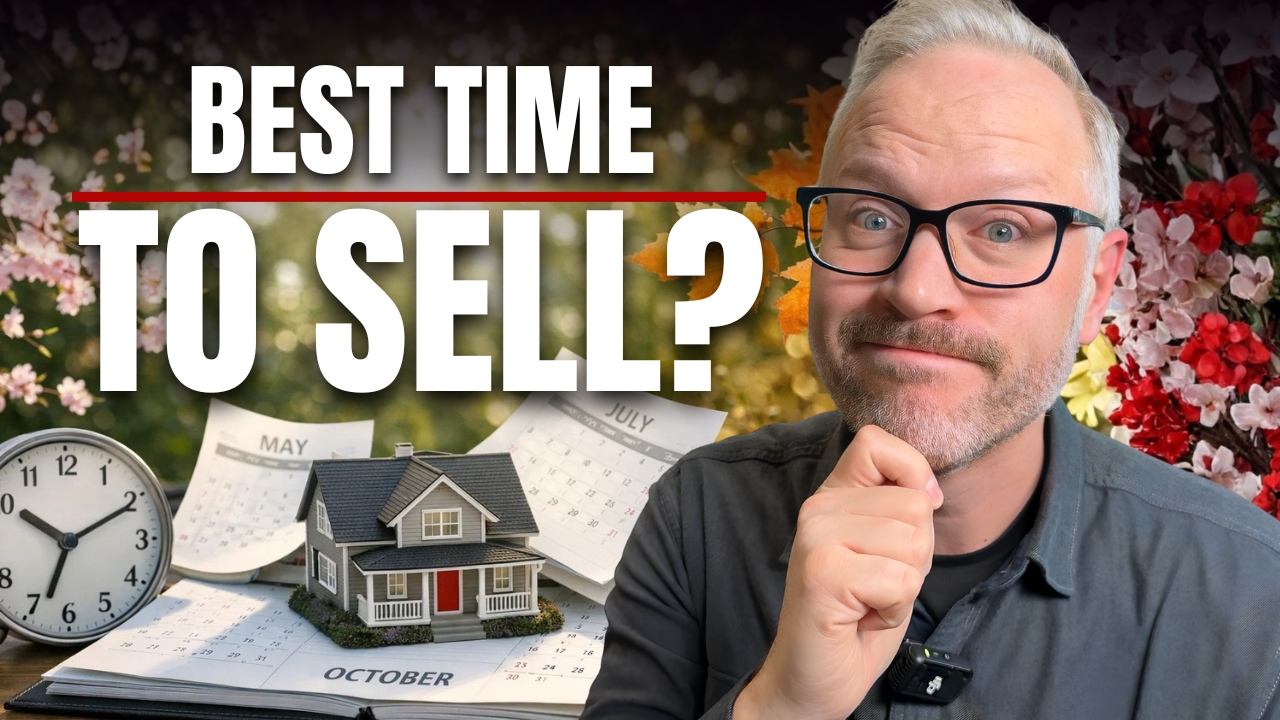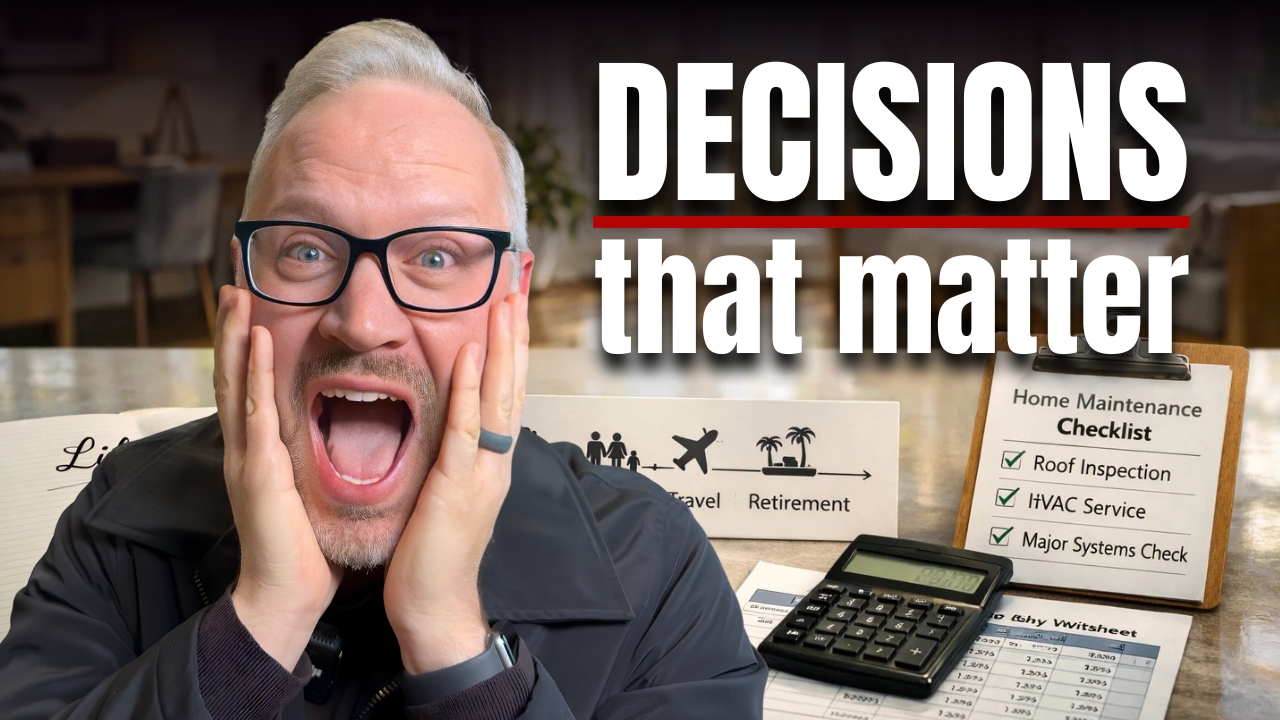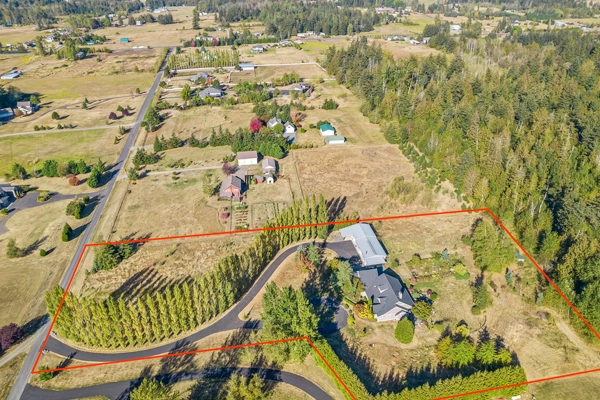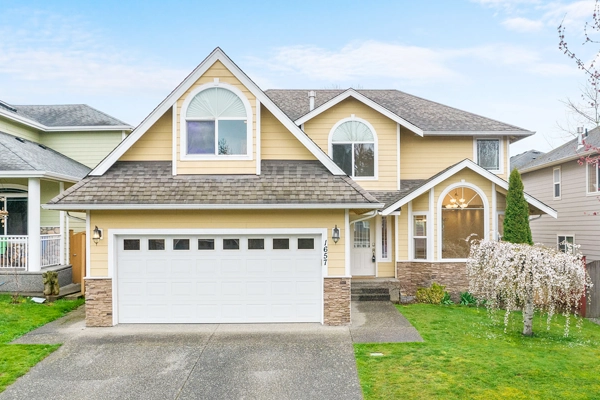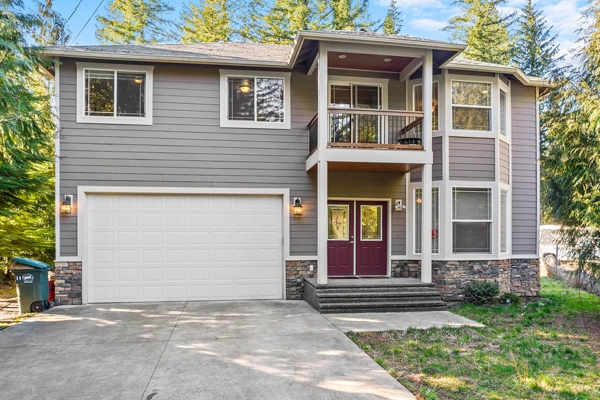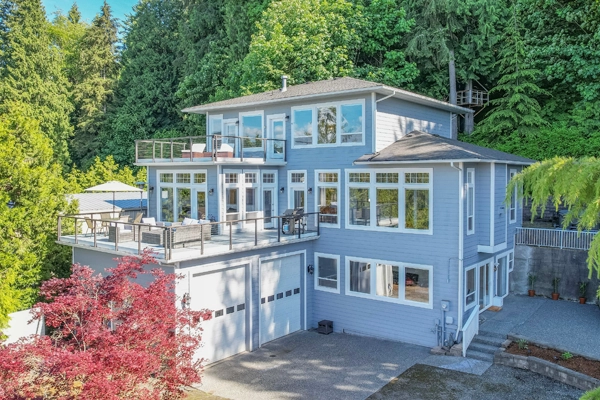Top 4 Ways to Get an Accurate Home Valuation
Pricing your home wrong can scare buyers and cost you profit. Discover how CMAs, appraisals, online tools, and PEARs ensure you get the right number when selling.
Sell on Your Terms. Get a personalized plan for your sale.. Book a Call
Ever wonder how much your home is actually worth? Whether you’re thinking about selling, refinancing, or just curious, knowing your home’s true value is essential. But here’s the issue—many homeowners rely on the wrong sources and leave money on the table.
Most people turn to quick online estimates, but those tools can be off by tens of thousands of dollars. If your home is priced too high, buyers may overlook it. Price it too low, and you’re walking away from potential profit. And when refinancing, an inaccurate valuation could mean missing out on thousands in equity.
How do you ensure you’re working with the right number? Having helped countless homeowners maximize their home’s value, I can tell you this: understanding your home’s worth isn’t just about numbers—it’s about making informed financial decisions. There are three key ways to determine your home’s true value:
1. Comparative market analysis. This is a professional assessment done by a real estate expert, like me! A CMA compares your home to similar recently sold homes in your area, factoring in size, features, location, and market trends. It’s free and far more accurate than online tools.
Here’s how I do a CMA: I analyze five active, five pending, and five sold properties that closely match your home.
• Active properties are listed but haven’t sold yet, so banks don’t give them the highest weight during appraisals.
• Pending properties are under contract but may not have been finalized, so their sale price is uncertain.
• Sold properties are the gold standard. They’ve transacted, and we know their exact value. I give the most weight to these sold properties to determine your home’s value accurately.
2. Professional appraisal. A licensed appraiser provides an unbiased valuation, often required for refinancing or loans. They assess your home’s condition, upgrades, and market comps. It’s the most precise method, but it costs a few hundred dollars. They evaluate the property using three approaches:
• Market comparable approach compares your home to similar recently sold properties, making adjustments for differences.
• The rebuild approach estimates the cost of rebuilding your home from scratch if it were destroyed.
• Income approach for rental properties, where they calculate value based on rental income and comparable properties’ capitalization rates.
Appraisers tend to be more conservative when refinancing a property. I’ve refinanced some of my investment and personal properties and noticed that appraisals can be even more conservative when you’re not actively selling or trying to justify a sales price agreed upon by a buyer.
However, an appraisal can be a great option if you have a unique property without comparable or similar properties nearby. It provides a third-party professional opinion, which can be valuable outside of the perspective offered by your real estate agent.
How do you start the appraisal process? If you’re getting a bank loan for refinancing or buying a house, your lender will need to order the appraisal. They have specific procedures based on their underwriting guidelines.
If you’re working with a lender, they’ll order the appraisal. However, if you have a unique property with no similar sales or comparable homes, what I like to call a “unicorn property,” I can recommend appraisers I’ve worked with.
We’ll start the process and get that appraiser to come out. Remember that appraisers may not know all the nuances of your home, so they might call to ask about what makes your home special, any closing costs involved, or unique features that wouldn’t appear on the listing but could affect its value.
3. Online valuation tools and research. Websites like Zillow, Redfin, and Realtor.com offer quick home value estimates, but don’t rely on them entirely. It’s important to check multiple sources and look at recently sold homes in your area that are similar to yours.
These online tools use algorithms to estimate values based on size and square footage, but they miss important details about the local market. Also, these Zestimates don’t consider the adjustments an appraiser would make.
These online tools use algorithms to estimate values based on size and square footage, but they miss important details about the local market. Also, these Zestimates don’t consider the adjustments an appraiser would.
Years ago, the CEO of Zillow admitted, “We get our values wrong a lot.” There can be significant differences between the online estimate and the actual value, sometimes tens or even hundreds of thousands of dollars. For instance, his property was overvalued by $300,000 in prime Seattle real estate. So, while online tools are a good starting point, take them with a grain of salt.
4. Professional Equity Assessment Report (PEAR). Unlike other approaches, this method focuses solely on your home’s market value and shows you what you’d walk away with after selling—your net proceeds.
Here’s how it works: I start with your home’s estimated value and then subtract closing costs, mortgage payoffs, and any liens on the property. This gives you an estimated net proceeds figure, a solid basis for your financial decisions.
I often sit down with clients, pull out my cellphone calculator, and crunch these numbers on the spot. While some agents may struggle to provide clarity quickly, I write the figures down clearly. For example, I might show a range: if we sell at a higher price, here’s your potential equity; at a lower price, here’s what you’d net.
This straightforward approach helps you plan based on real numbers, not guesswork, avoiding the drama of market fluctuations.
So, which valuation method is best for your situation? Let me break it down based on your goal using the four strategies we’ve covered.
• Selling your home. Start with a Comparative Market Analysis (CMA), a free professional assessment that compares your home to similar properties to pinpoint its market value. For deeper insight, a PEAR can show your net proceeds—what you’ll actually pocket after the sale—helping you make informed pricing decisions.
• Refinancing. A professional appraisal is essential, as banks require this unbiased valuation to assess your home’s worth and determine your equity.
• Just curious. Online tools like Zillow offer a quick starting point, but they can be off by thousands. Always verify with a market expert to ensure accuracy.
No matter your goal, don’t rely on inaccurate online estimates that could lead to overpricing, underpricing, or missed equity. Suppose you’re considering selling or refinancing and want a tailored expert evaluation. I offer a free, no-obligation home value assessment to help you make the best decision for you and your family.
Click the link to get a free home valuation estimate
You can also feel free to give me a call at (360) 770-3245 or send a message to nickberard@kw.com. If I can’t help you directly because you’re outside Washington, I can connect you with one of my trusted colleagues nationwide.
-
Sell on Your Terms. Get a personalized plan for your sale.. Book a Call
-
Free Home Price Estimate. Determine the value of your property and the preparation needed to maximize its value. Get Estimate
-
Local Market Insights. Get informed with what’s going on in Bellingham Washington Area real estate. Sign Up
-
Free Newsletter. Get our latest Q&A, insights, and market updates to make smarter decisions. Subscribe Now



